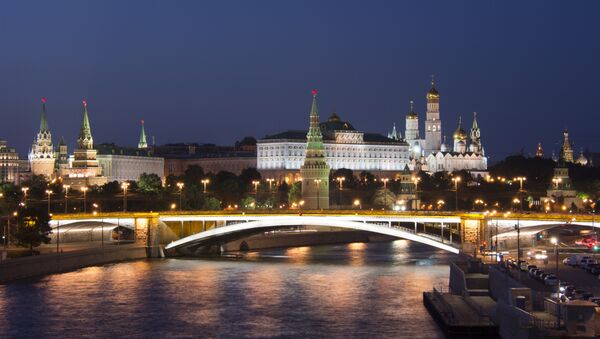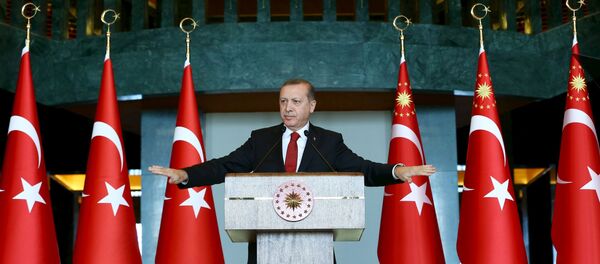"Getting tough with Russia, in and of itself, does not get you anything," a Global Fellow at the Kennan Institute, Wilson Center, and an analyst at CNA Corporation wrote for the National Interest. "Russian leaders are many things, but they are not soft."
That decision had major political and economic repercussions for Ankara. A study released by the Economic Policy Research Foundation of Turkey (TEPAV) forecast that Turkey's economy would lose up to $8.3 billion in 2016 due to sanctions, imposed by Moscow following the incident.
In addition, Recep Tayyip Erdogan's erratic foreign policy strategies have increasingly puzzled and frustrated his own allies, including the United States, raising questions as to what Ankara's priorities in the region are – particularly its willingness to tackle Daesh.
The Turkish president "got tough" with Russia, "but he didn't win," Kofman noted. "His is a cautionary tale for those who see Russia as some pretender to the title of great power, expecting it to back down at the first sign of strength or combat casualty."
"So what's Ankara's next bright idea, now that the Russians have not only failed to scatter, but instead dealt it a significant geopolitical defeat in Syria? Turkey is arguably the biggest loser in Syria, the difference between getting tough and being smart," the analyst observed.


